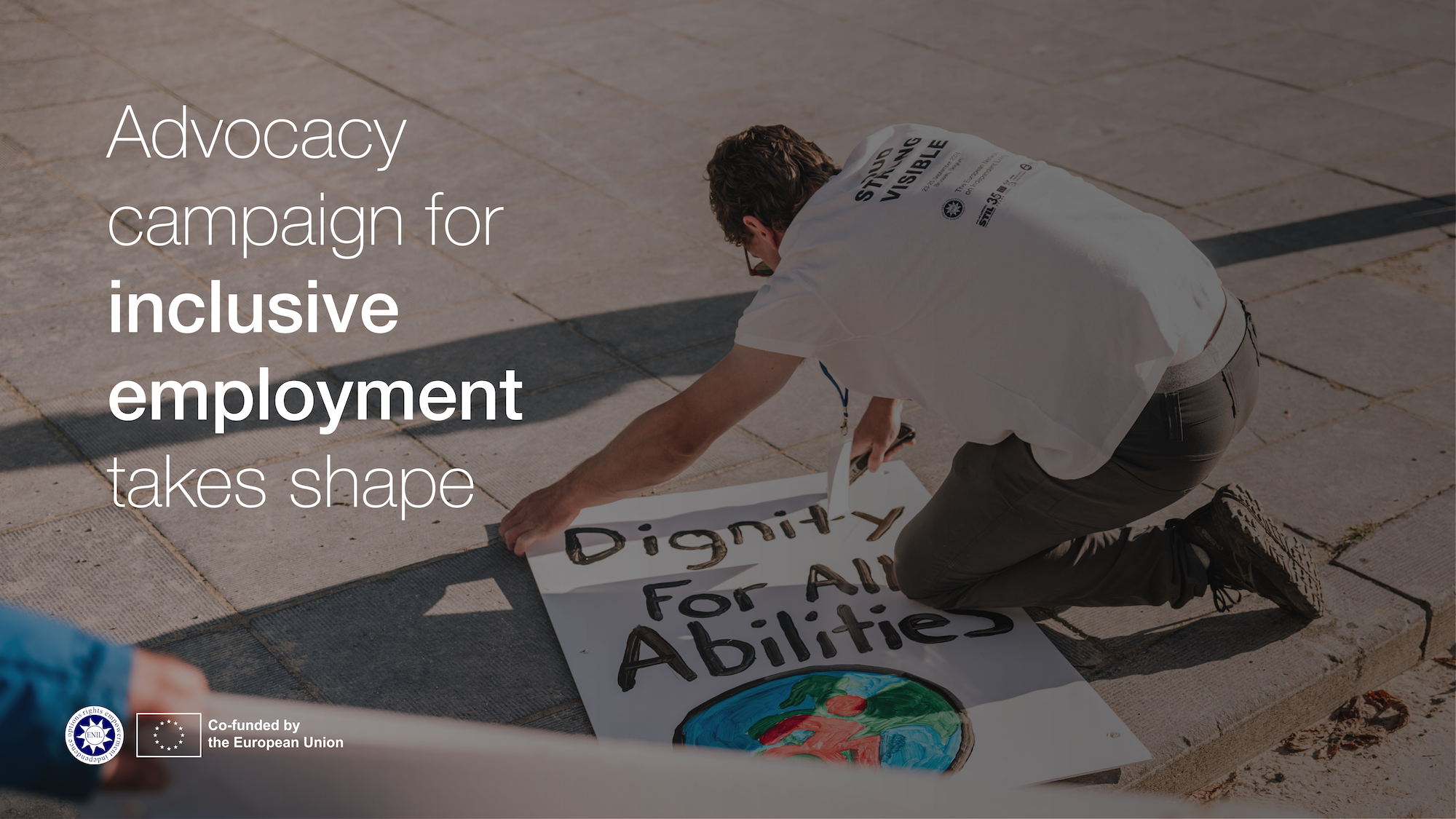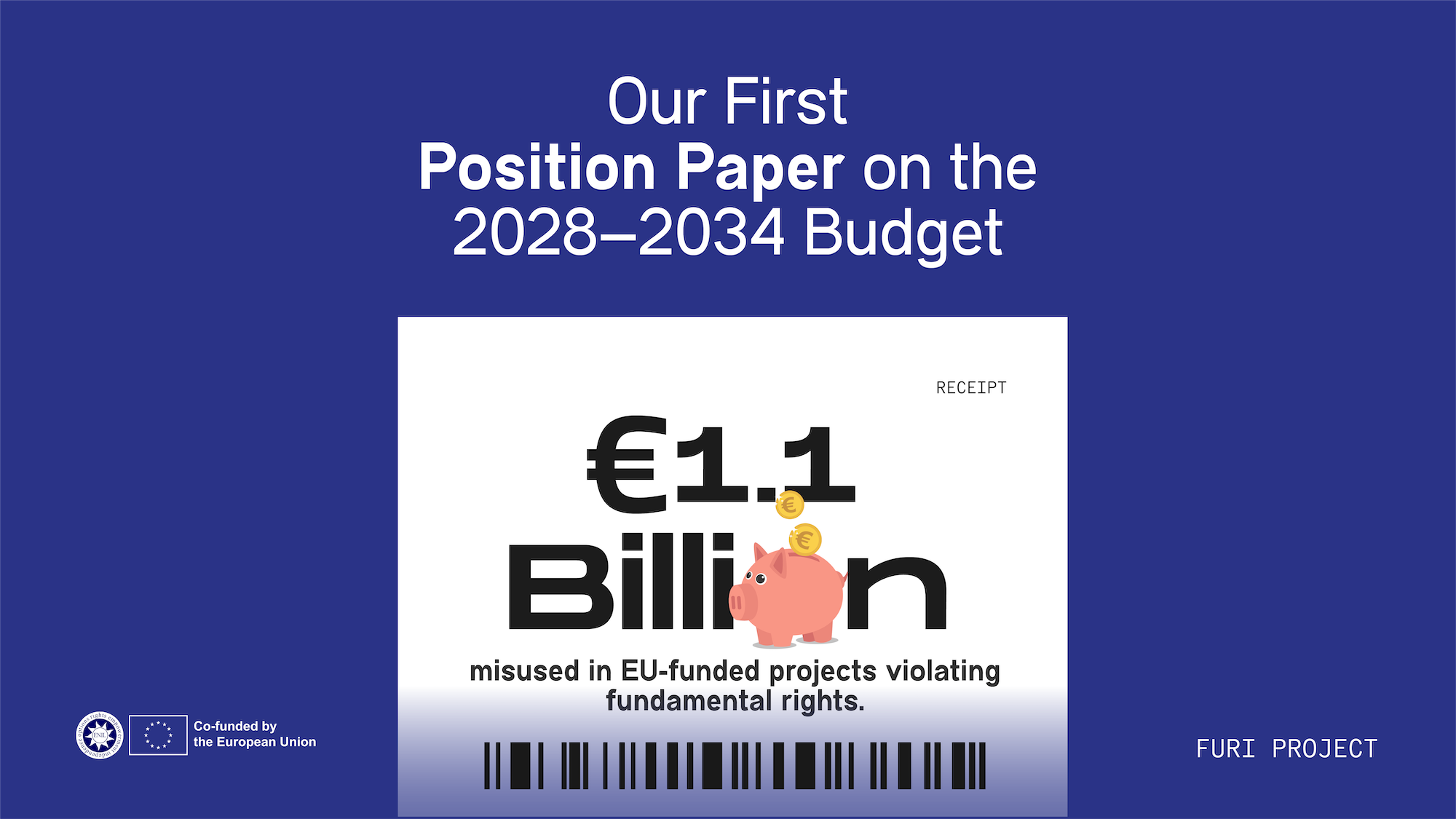Between 14th August and 8th September 2023, the Committee on the Rights of Persons with Disabilities is holding its 29th session in Geneva. ENIL has been involved in this process through the submission of shadow reports and representation at the panel on deinstitutionalization organized during the session.
This year, the countries examined are Andorra, Austria, Germany, Israel, Malawi, Mauritania, Mongolia, and Paraguay. In addition, the Committee is organizing two sessions as follow-up on individual inquiries, one on the United Kingdom, and another one on Hungary. ENIL submitted a shadow report to the session on the United Kingdom, with collaboration of members. We also contributed to a shadow report on Hungary, along with Validity Foundation, Hungarian Civil Liberties Union, Autism Advocacy Association, and the National Federation of Associations of Persons with Physical Disabilities.
To commemorate the adoption of the Guidelines on deinstitutionalization, including in emergencies, the Committee organized a public panel on deinstitutionalization, which took place on 18th August. ENIL’s Human Rights Officer, Rita Crespo Fernandez, was present in Geneva for this event. As part of the Global Coalition on Deinstitutionalization, we supported the event by moderating comments on social media from online participants, and summarizing them throughout the session.
The panel brought together survivors of institutionalization, representatives of disabled people’s and civil society organizations, and local governments. Unfortunately, many of the speakers could not be there in person and could not actively engage during the session, as the hybrid mode was not made possible. ENIL and other partners raised this issue before and during the session. The session was still rich, with powerful speeches and testimonies:
“Independent living is about the right for all disabled people to live in our communities with the same choices and opportunities than everybody else. It’s about all disabled people no matter their impairment and health conditions, and about disabled people of all ages, including older disabled people, children and young people.” Tara Flood, Hammersmith and Fulham Council in London
“We notice that when it comes to change, law reform in alignment with the Convention remains slow. (…) Even where there is progress, deinstitutionalization is often treated as a renaming exercise. Segregated services are labelled as independent living and transitional, despite the evident harm caused by all forms of disability-based detention.” Dragana Ciric Milovanovic, Disability Rights International, on behalf of the Global Coalition on Deinstitutionalization
“(At the institution) I lost my freedom, I was not able to work, go to school, or have a livelihood. They took away the privilege of me being a mom.” Luz Maria Pina, survivor of institutionalization
The recording of the session is available here.
This was also an occasion to hold bilateral meetings and discuss with decision-makers. During this time, online and in-person, we have met with representatives from the World Health Organization, the International Labour Organization, ATScale, and the Office of the High Commissioner for Human Rights, and with various members of the Committee on the Rights of Persons with Disabilities.
For any further inquiries, please contact rita.crespo-fernandez@enil.eu



